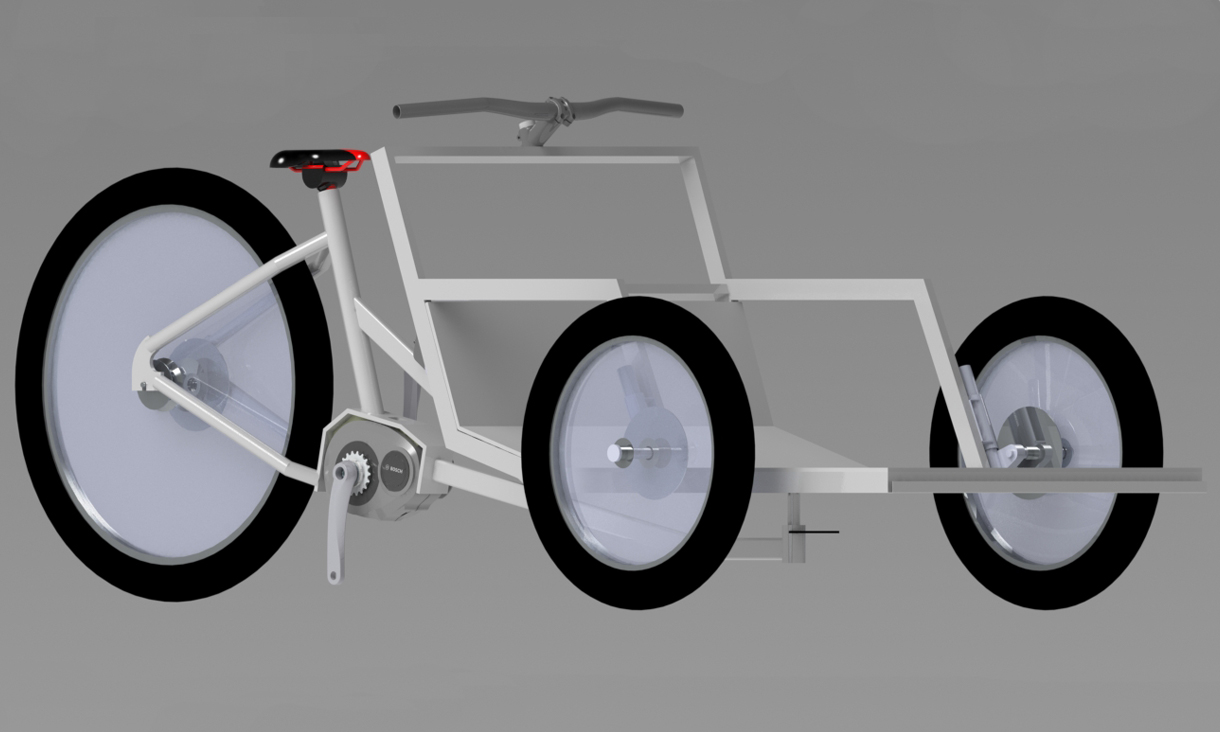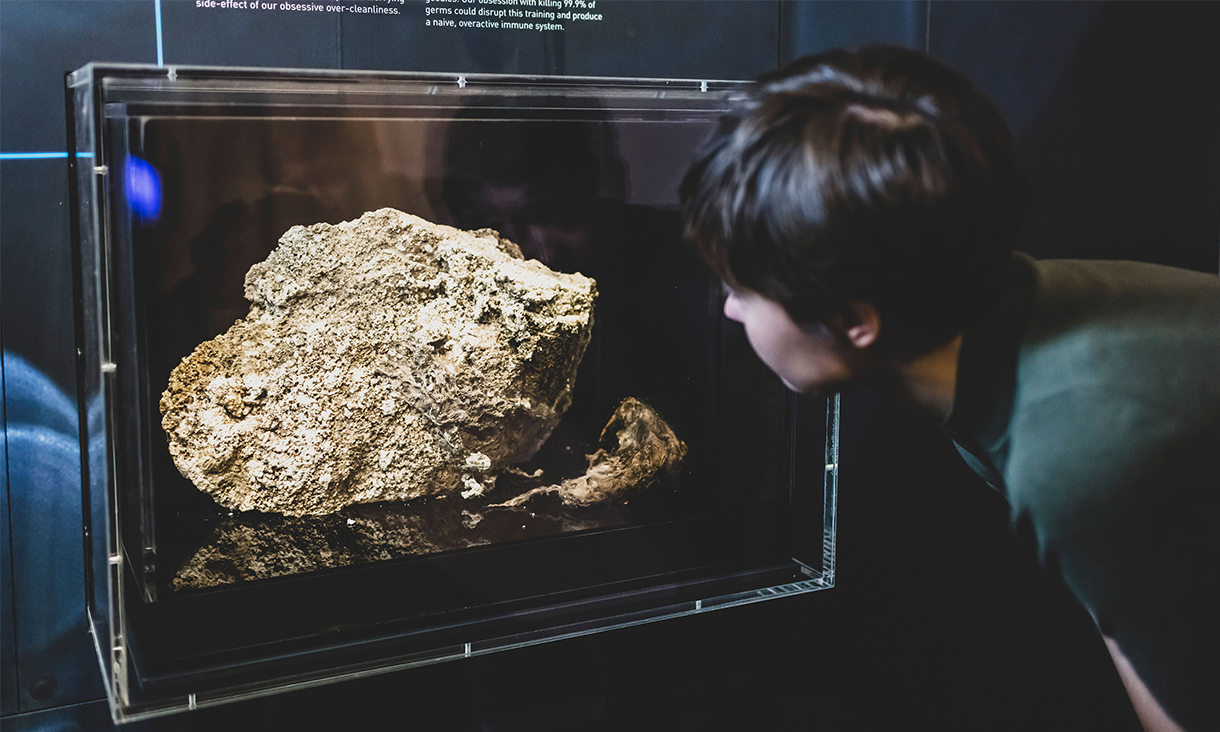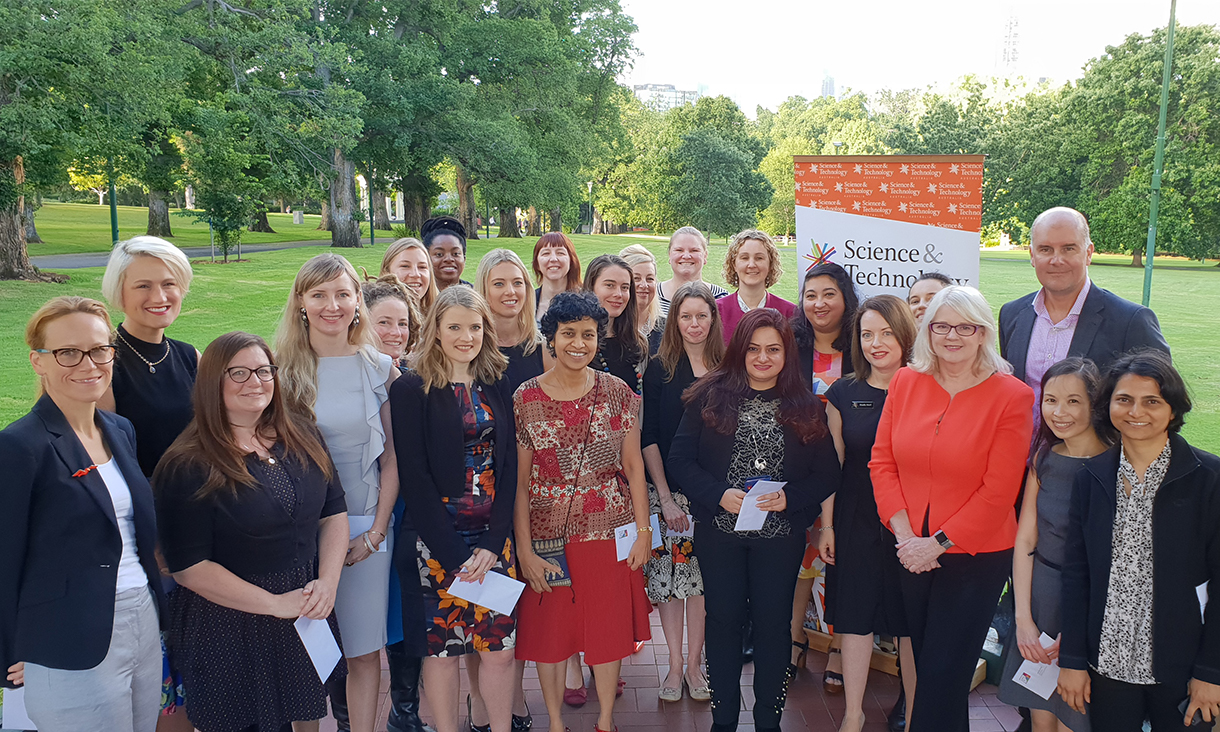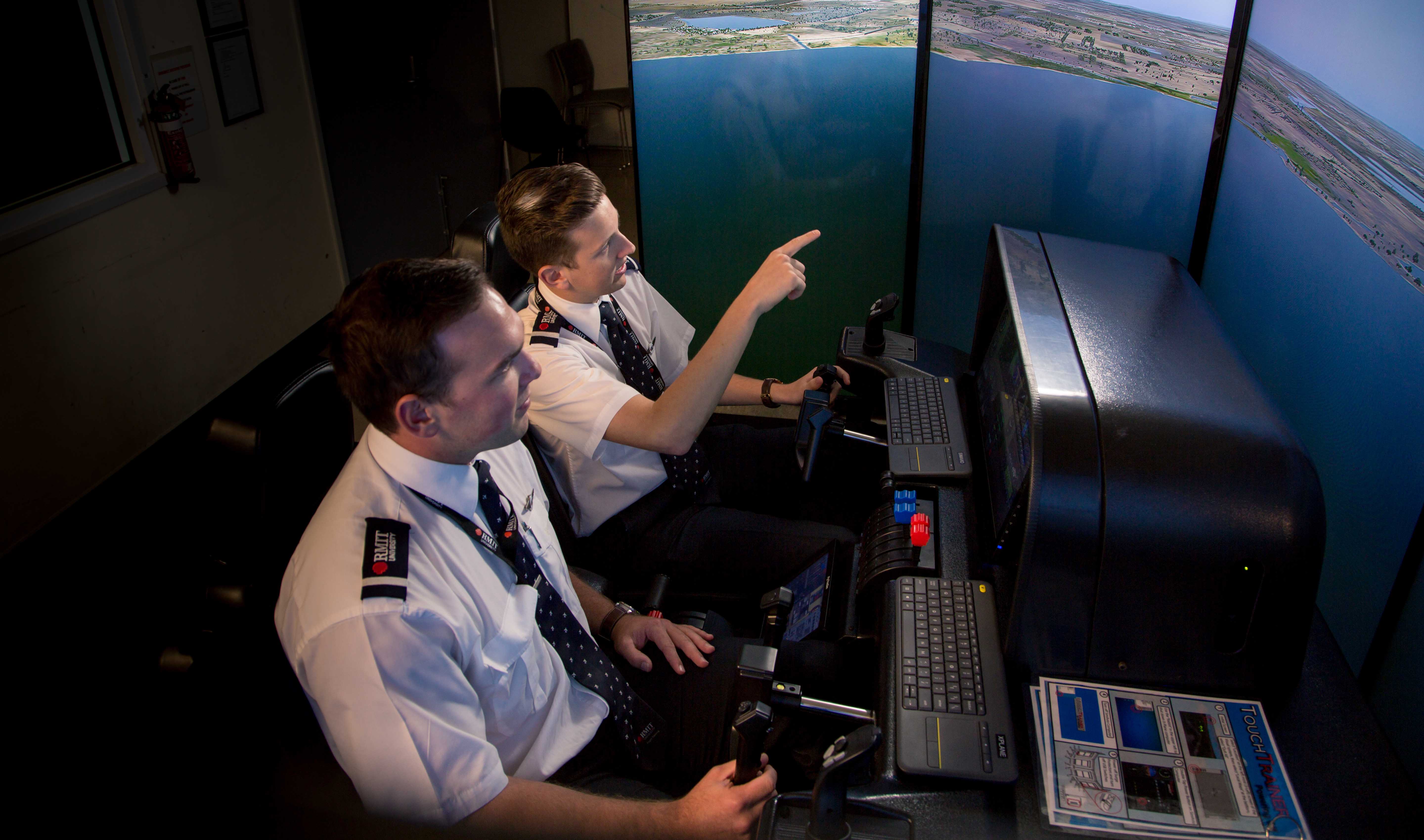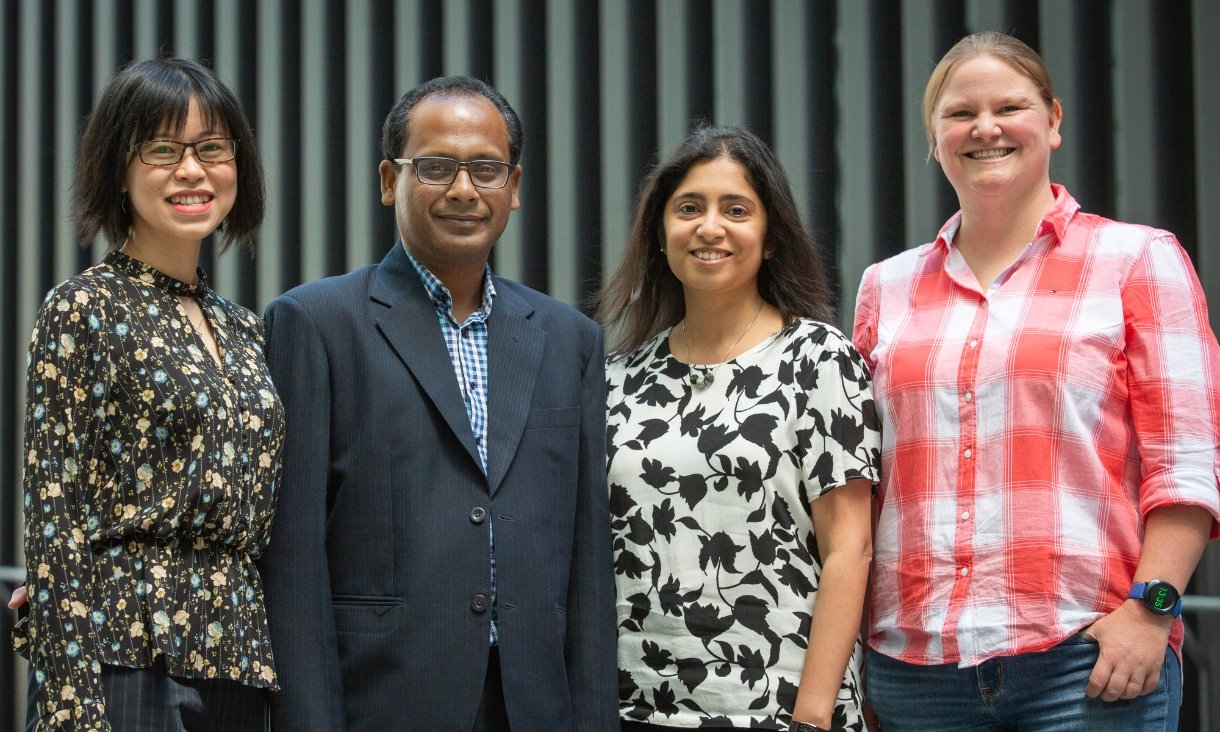School of Engineering lecturer David Taylor said the idea started when his cycling club in Melbourne’s south started doing a weekly ride day for kids with special needs using tandem cycles.
“Bikes were donated, but since they were difficult to pedal because they were so heavy, they asked if our students could design a better bike. We came up with an idea for a bike that used electric assist pedalling – that way anyone can ride it,” Taylor said.
“The project allowed the students to gain real-world experience, which also generated meaningful employment for the disability sector that otherwise would not have materialised.”
“It shows us that a simple idea can lead on to so many different opportunities.”
Students from the School of Engineering worked on the design for two years, with Master of Business Administration students helping out on the business proposal.
Bachelor of Engineering (Automotive Engineering) student James Goodman said he thoroughly enjoyed working on the bike.
“It has given me the opportunity to work on a real project and gain practical knowledge that will no doubt be useful in my future career,” he said.
“It is quite satisfying to see the bike advance through its stages of design, but to eventually see someone riding it around and enjoying it will be even better, especially since it is for a great cause.”
The bikes will be manufactured at Brite’s facilities in Melbourne’s north, to be assembled and services by people with disability employed by Brite.
All employees will receive industry-accredited bicycle mechanic training, setting them up for future careers as bike mechanics.
Brite CEO Nick Mac Hale said that project was really about partnership and collaboration.
“This project was a great idea, and helped those involved to learn new skills and confidence levels, so they can get that job that they want,” Mac Hale said.
RMIT will continue to assist Brite throughout the bike’s manufacture and are looking towards expanding the range.
Opportunities for the bike go beyond the disability sector, with aged care already identified as a possible additional market.
Story: Jasmijn van Houten

